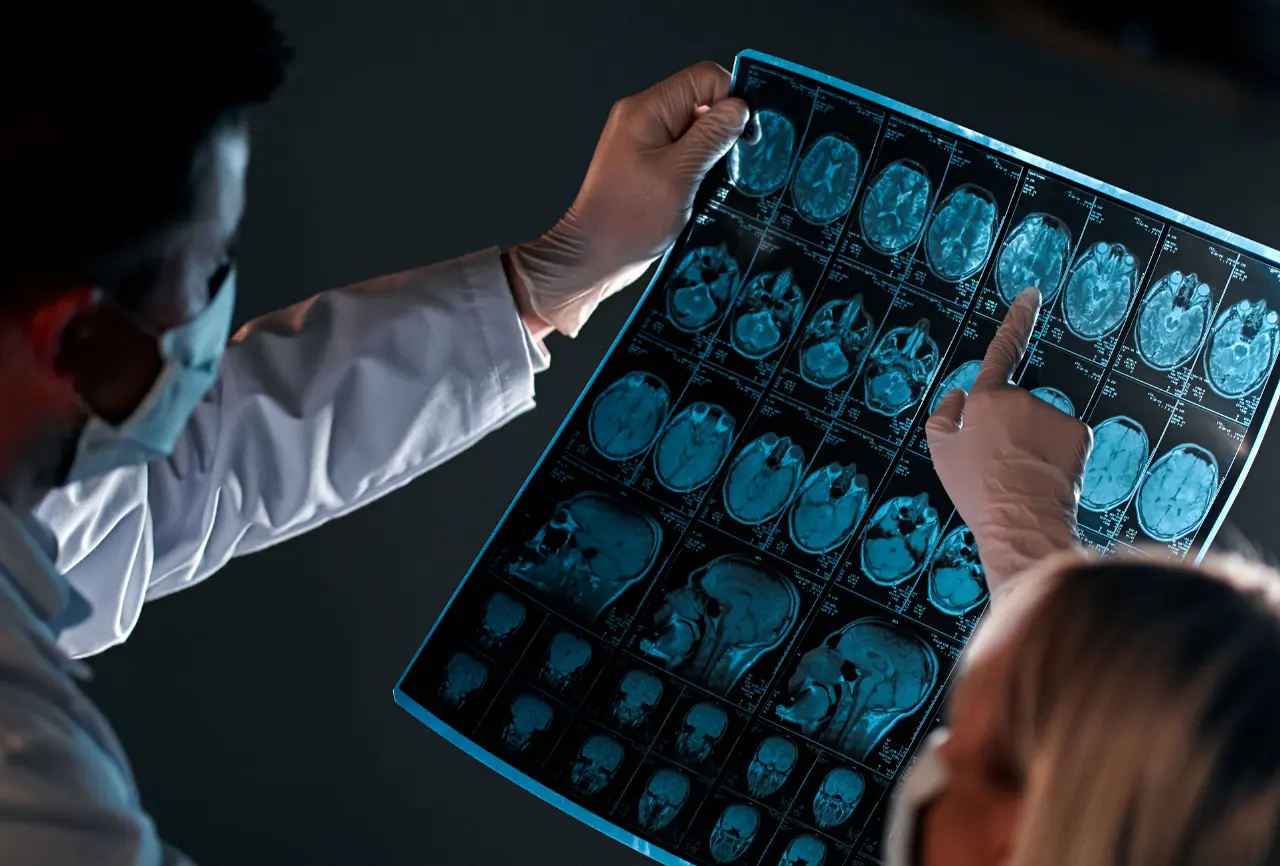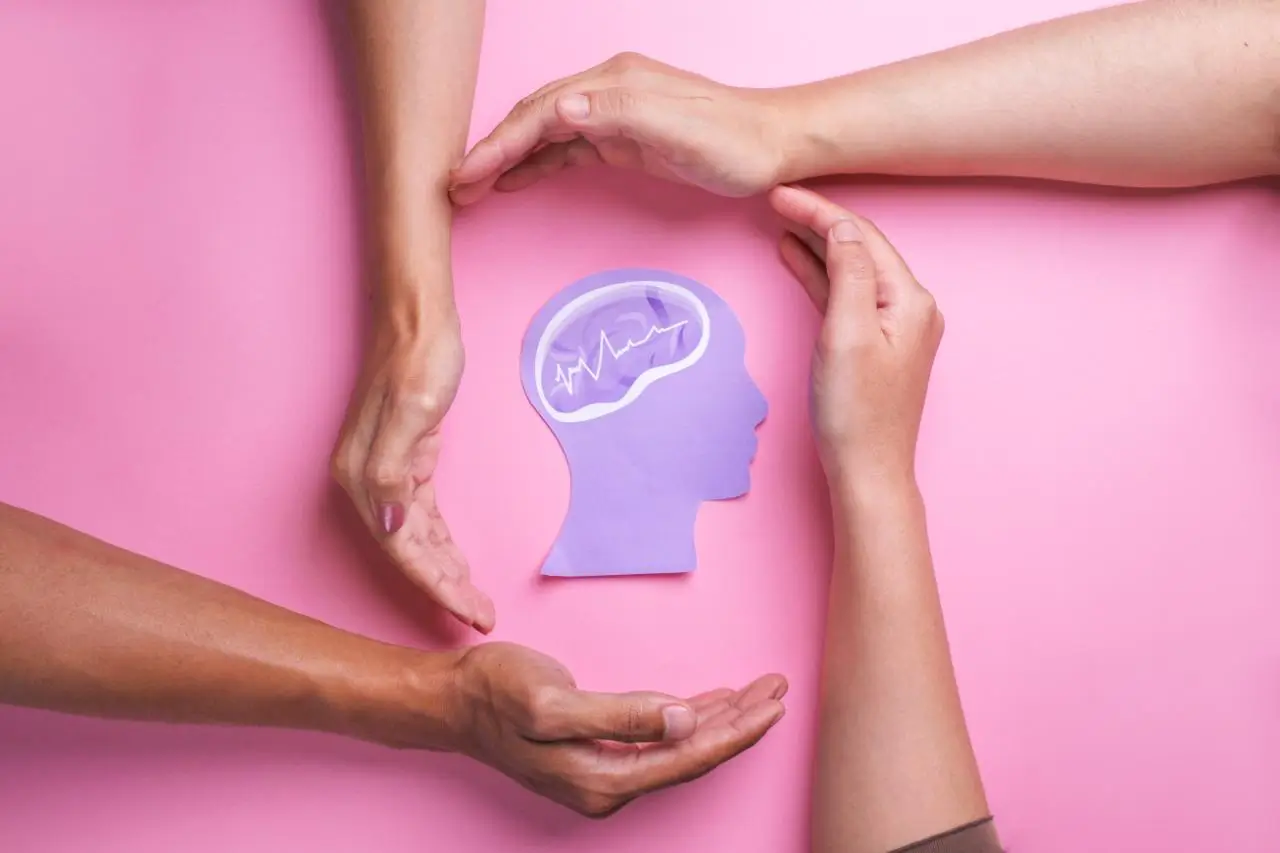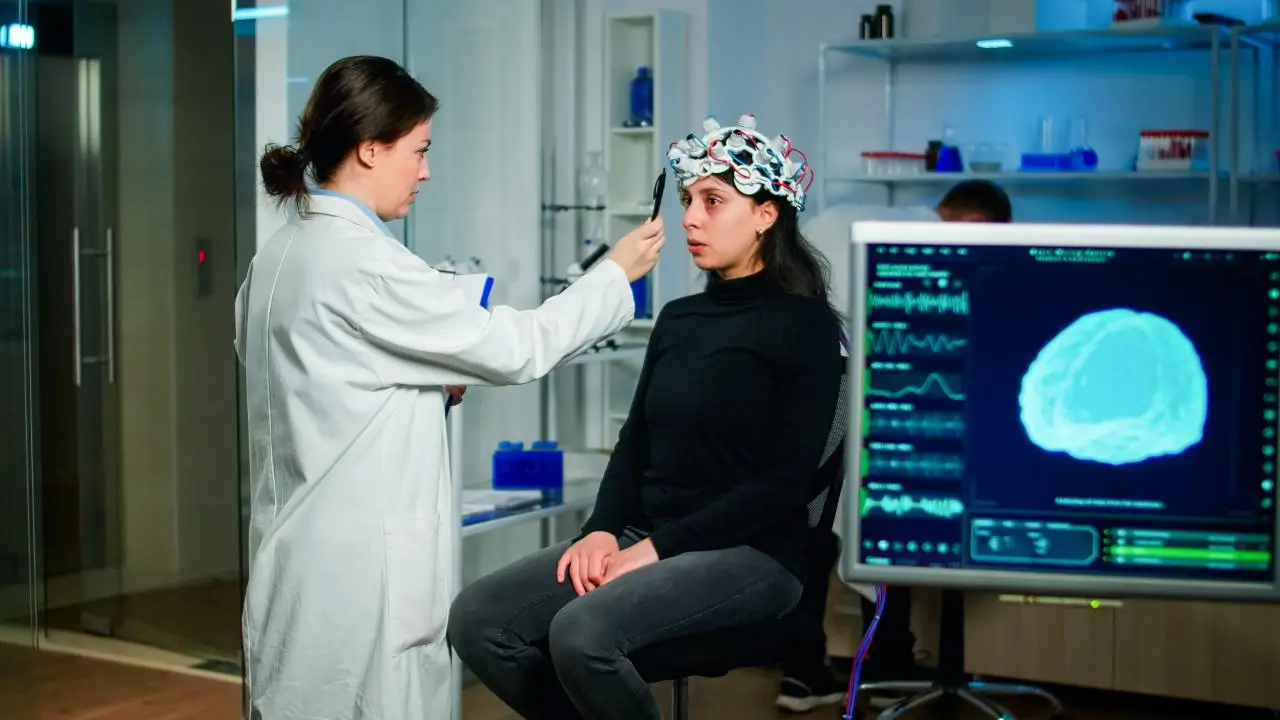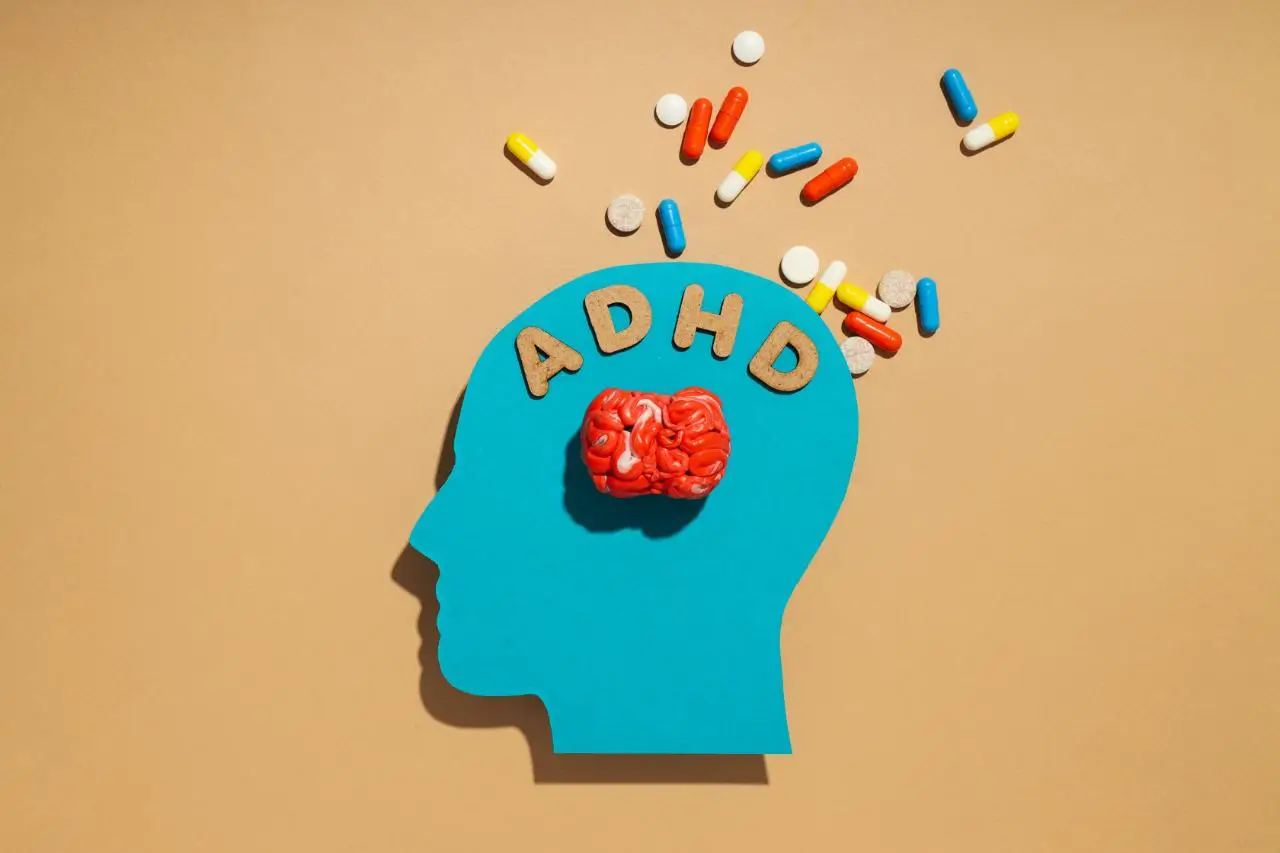Mental Health
Mental health is a vital aspect of our overall well-being. It influences how we think, feel, and act daily.
Understanding mental health is crucial for maintaining a balanced life. It’s not just about avoiding mental illness, but also about promoting mental wellness.
In this article, we’ll explore the importance of mental health, debunk common misconceptions, and provide strategies for maintaining psychological wellness. Whether you’re seeking to improve your own mental well-being or support others, this guide offers valuable insights.
Understanding Mental Health
Mental health encompasses our emotional, psychological, and social well-being. It affects our thoughts, feelings, and actions.
It also plays a part in how we handle stress, relate to others, and make choices. Mental health is important at every stage of life, from childhood and adolescence through adulthood.
The Importance of Mental Well-being
Mental well-being is more than just the absence of mental illnesses. It involves a state of mental health where individuals realize their abilities, can cope with normal life stresses, work productively, and contribute to their community.
Good mental health contributes to our capacity to enjoy life. It allows us to create a balance between our life activities and efforts to achieve psychological resilience.
Common Misconceptions and Stigma
Misconceptions about mental health can lead to stigma, causing those struggling to feel isolated. One common myth is that mental health problems are rare. In reality, they affect millions of people worldwide.
Another misconception is that people with mental health issues are violent or unpredictable. Most people with mental health problems are no more likely to be violent than anyone else. Understanding these misconceptions is a step towards reducing stigma and promoting mental wellness.
Signs of Healthy vs. Unhealthy Mental States
Healthy mental states are characterized by a sense of contentment, zest for living, and the ability to bounce back from stress. They also involve the ability to work productively and maintain fulfilling relationships.
Unhealthy mental states, on the other hand, can lead to distress and affect your ability to function. They may manifest as persistent sadness, excessive fear, worry, or feelings of guilt.
Changes in eating or sleeping habits, withdrawal from friends and activities, and difficulty concentrating are also signs of unhealthy mental states.
Recognizing Symptoms of Decline
Recognizing the signs of declining mental health is crucial for early intervention. These signs may include feeling helpless or hopeless, smoking, drinking, or using drugs more than usual, and severe mood swings.
Experiencing unexplained aches and pains or feeling unusually confused, forgetful, on edge, angry, upset, worried, or scared can also indicate a decline in mental health.
If you or someone you know is experiencing these symptoms, it’s important to seek help from a mental health professional.
Strategies for Maintaining Mental Wellness
Maintaining mental wellness involves a combination of physical, mental, and social activities. Regular exercise, a balanced diet, and adequate sleep can significantly improve your mental health.
Practicing mindfulness and meditation can also help manage stress and anxiety. These techniques promote relaxation and improve focus, contributing to mental well-being.
Social interactions are equally important. Spending time with loved ones, participating in community activities, or volunteering can enhance your psychological wellness.
Finally, setting boundaries and maintaining a work-life balance can prevent burnout and promote mental health.
Self-Care and Lifestyle Choices
Self-care is a vital part of maintaining mental wellness. It involves taking time to relax, recharge, and take care of your physical health. This can include activities like reading, taking a bath, or going for a walk.
Lifestyle choices also play a significant role in mental health. A balanced diet, regular exercise, and adequate sleep can significantly improve your mental well-being.
Avoiding harmful substances like alcohol and drugs, and limiting screen time can also contribute to better mental health.
Seeking Help and Support
Support from friends, family, and community can greatly enhance mental wellness. It’s important to reach out to others when you’re feeling low or stressed.
Joining support groups or online communities can also be beneficial. They provide a platform to share experiences and learn from others facing similar challenges.
Remember, it’s okay to ask for help. Everyone needs support at times, and it’s a crucial part of maintaining mental health.
When to Seek Professional Advice
Recognizing when professional help is needed is key to managing mental health. If feelings of sadness, anxiety, or stress persist, it may be time to seek professional advice.
Mental health professionals can provide strategies and treatments to manage these feelings. They can also provide resources and tools to help maintain mental wellness.
Don’t hesitate to seek help. Early intervention can prevent mental health issues from worsening and can lead to better outcomes.
Conclusion and Resources
Mental health is a vital aspect of overall well-being. It’s important to understand, manage, and prioritize it.
There are numerous resources available online and offline for mental health support. Don’t hesitate to use them when needed.



















